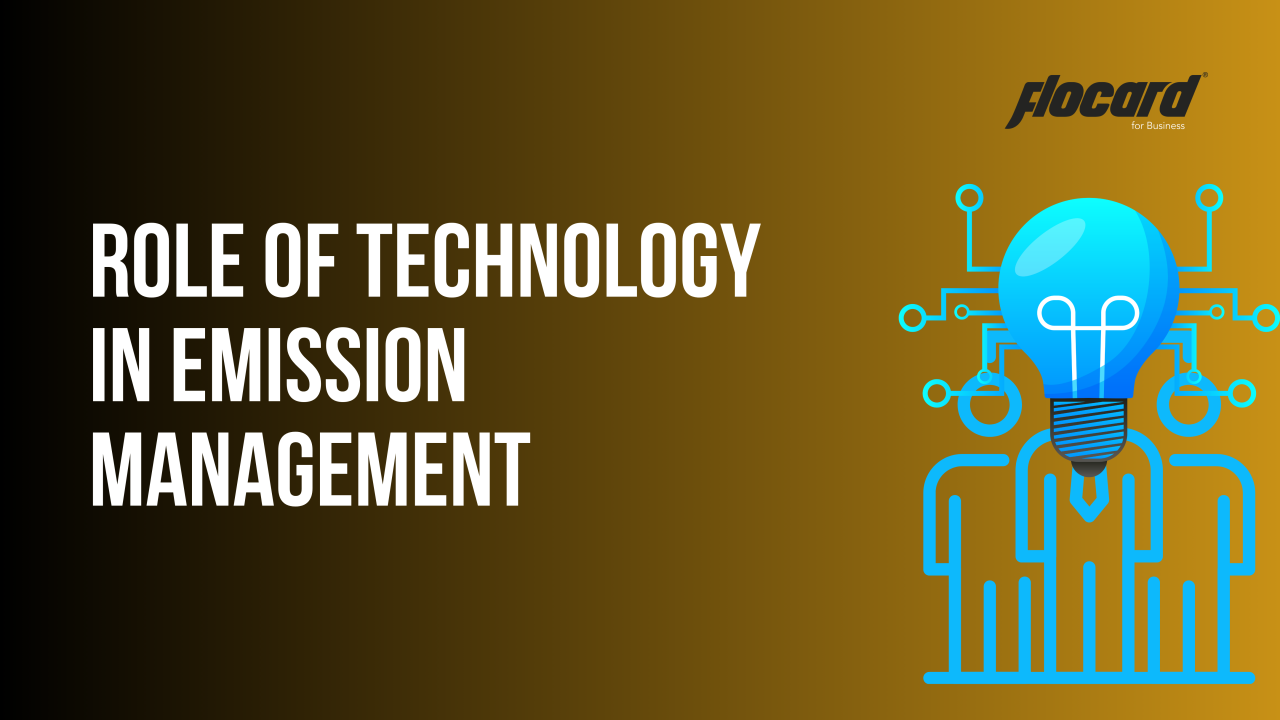The Digital Frontier of Climate Action: How Technology Transforms GHG Management

Introduction
Technology has always come to an aid to human development. Whether a mixture grinder in households or an electricity-driven
furnace in industry, technological advancements have eased human efforts and enhanced productivity.
The technology has been put to use in tackling climate change by climate technologies. Climate technologies help us fight
climate change by tracking emission data and providing information to organizations to identify emission hotspots and
integrate new reduction measures. Climate technologies help to reduce greenhouse gas emissions by utilising and promoting
renewable energies such as wind energy, hydroelectricity, geothermal and tidal energy.
Technology plays a crucial role in the emission management of greenhouse gases. This means the identification of greenhouse gases and their management through reduction measures or augmentation measures. Technologies like digital monitoring systems and satellite technologies like remote sensing enable coverage of Earth’s landscape and detect carbon emissions from various geographical entities like forests, and grasslands.
Monitoring and Tracking Technologies
Technology is utilised for the reduction and measurement of greenhouse gases. Many organizations and start-ups have made use of advanced technologies like artificial intelligence(AI), big data and the Internet of Things to measure, track and analyse emission data from various organizations.
AI helps organizations in collecting and analyzing emission data. The analysis of data becomes difficult for humans which is compensated by technology. This enables the company to cut down emissions and ensures sustainable transformation.
Big data helps companies to identify energy consumption data and carbon emissions. This information is brought with the help of sensors and emission-tracking technologies installed at various organizations in various units. Big data establishes patterns of energy consumption and utilization. This data promotes the utilisation of renewable energy and reduces reliance on non-renewable sources of energy.
Emission Reduction Technologies
Technology is great when it comes to sensing and measuring emission data, but it has found its implications through emission reduction technologies which focus on minimising and reducing overall emissions of GHGs and switch to cleaner technologies. Substitution of fossil fuels with clean technologies like wind and solar power in industrial processes like manufacturing, mining, building processes and transportation. This produces carbon of low intensity with energy efficiency as the key benefit of electrification. The switch to cleaner technologies ensures cost-effectiveness and reduction in global carbon emissions across different organizational spaces.
Clean technologies
Clean technologies like hydrogen fuels emit no greenhouse gases and generate water as a byproduct. Hydrogen fuel is of high calorific value which makes it a key ingredient in the production of chemicals and products. It is even used in the transportation industry, heating and industrial processes. Thus hydrogen fuels combat the challenges associated with climate change by reducing greenhouse gases. The use of bio-based fuels like bioethanol and biodiesel and plant-based materials like biopolymers are a sustainable alternative to conventional energy sources and using these can effectively reduce emissions and contribute to a sustainable future.
Utilising wasted energy
Most of the industrial processes emit heat, power and fuel which often go discarded and wasted. The best way is to make use of discarded heat, and electricity as this provides a way to reduce primary emissions. These power recovery solutions can be used to heat water and used in other processing/ manufacturing units as per identification. This will be a great solution to cut down on carbon dioxide emissions. Additionally, innovations in utilising wasted electricity and developing unique materials and processes can contribute to cutting down the associated emissions.
Carbon capture technologies
Carbon capture technologies are based on the principle of capturing carbon dioxide and using it to make materials or permanently store them below the surface. The captured carbon dioxide is concentrated chemically or through biological processes and used as a feedstock. This technology prevents carbon dioxide from going to the atmosphere thereby stabilising CO2 levels. Stored CO2 levels facilitate the use of depleted gas or oil.
Benefits of Technology in GHG Emission Management
The use of technology in GHG emission management ensures precise and real-time monitoring of carbon emissions, reducing risks of
human errors. Technology handles large volumes of data easily and is updated every time making it easier to identify trends in
emissions.
Real-time tracking enables companies to respond quickly and overcome the delays in reporting associated with manual
data collection. The upfront cost of technology is high but sustained uses prove it to be an efficient investment. It even
reduces the costs of labour and saves time. The technology improves and becomes fine tune with upgradation and market demands.
The technologies can be thus easily integrated with the business and sustainability management tools making it easier to upload,
track and stay compliant with the regulatory authorities.
Conclusion
In summary, technology serves as a critical ally in addressing climate change, providing crucial tools for emissions monitoring and reduction. From adopting renewable energy to the deployment of carbon capture solutions, technological advancements offer a pathway towards a sustainable future. With real-time tracking capabilities and data-driven insights, businesses can efficiently manage greenhouse gas emissions, mitigating environmental risks and fostering resilience. Embracing these advancements not only enhances operational efficiency but also underscores a commitment to environmental stewardship, ensuring a greener and more sustainable world for generations to come.
FloCard is your ally in this decarbonization journey.
